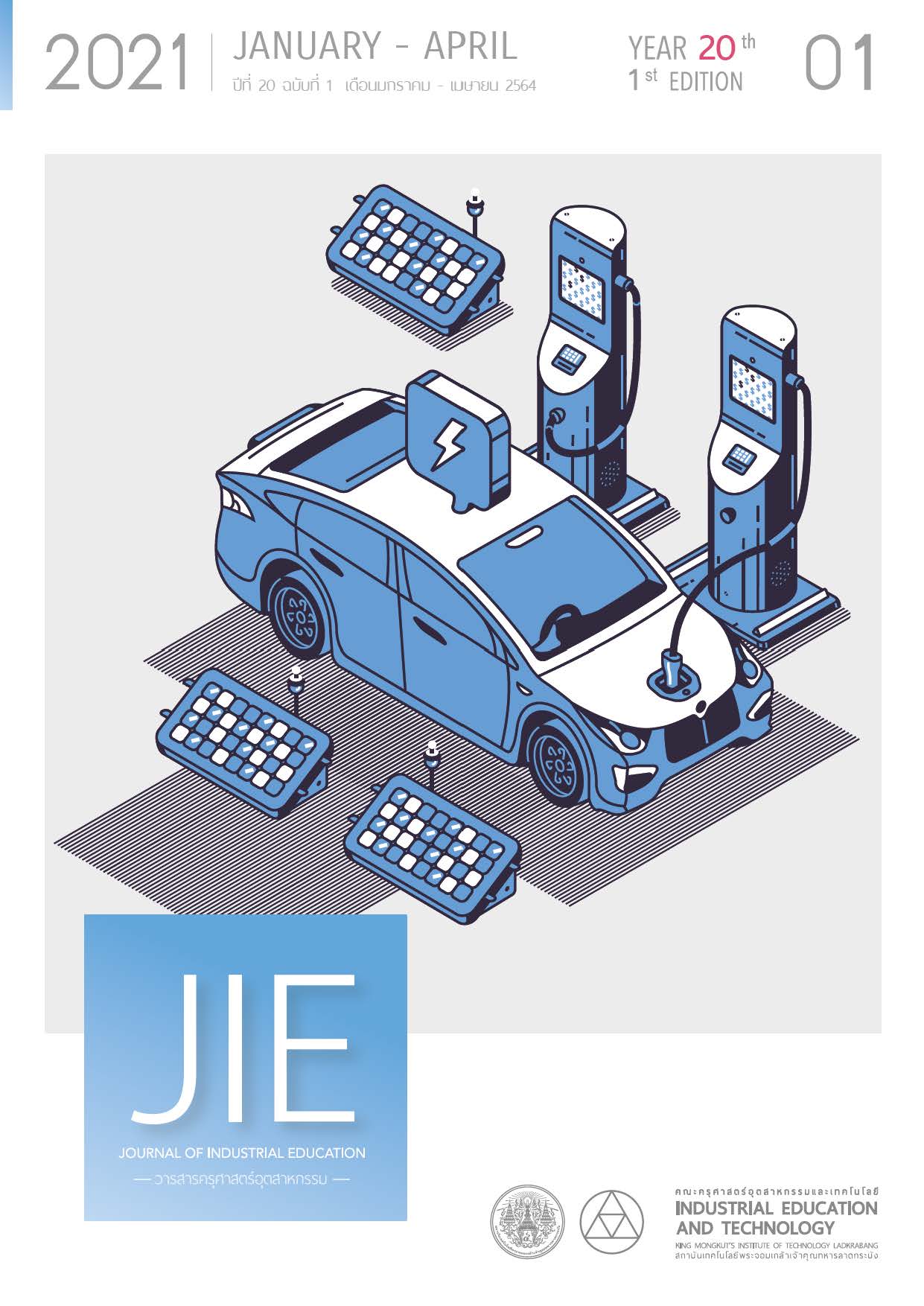DEVELOPING A CURRICULUM FOR CAPACITY BUILDING OF TEACHERS IN TERMS OF CREATIVITY SKILLS FOR TEACHING PROFESSION COMPETENCY FOR EARLY CHILDHOOD TEACHERS STUDENTS IN NAKHONRATCHASIMA COLLEGE
Keywords:
Curriculum, Competence, Creativity skillsAbstract
The research aimed 1) to study the problems and needs to develop a learning organization to improve the creativity skills of the teacher profession for early childhood teacher students Nakhon Ratchasima college, 2) to develop a curriculum to enhance the teachers’ competence in creativity skills for early childhood teacher students, and 3) to study the results of using the teacher enhancing curriculum to improve the creativity skills for early childhood teacher students. The research was conducted in three stages: 1) study of basic information, 2) develop the curriculum for improving the teachers’ skills to creativity, and 3) apply the curriculum and correction. The samples were 20 early childhood teachers in Nakhon Ratchasima college in the second semester of the academic year 2020. Statistics used in data analysis were percentage, mean, standard deviation, and t-test. The research findings were that 1 ) it was necessary to improve the learners’ creativity skills, especially in terms of teachers’ knowledge, and ability to design and manage learning. 2) The curriculum for enhancing the teachers’ competence consisted of five components: principles of the curriculum, objectives of the curriculum, contents of the curriculum, learning organization, and evaluation. The curriculum as evaluated by experts was found to be suitable at a high level. 3) The teachers who were developed according to the curriculum had a higher understanding of the creativity skills at a statistical significance of .01 and the highest level of satisfaction.
References
Ministry of Education. (2008). Core Curriculum for Basic Education, Buddhist era 2008. Bangkok: Khurusapha Publishing House. Lat Phrao. 56-58. (in Thai)
Office of the Teacher Civil Service and education Personnal Comisssion. (2010). “Criteria and method of development Government teacher and education personnel before being appointed to the position of director of the institution study.” Journal of Teacher Civil Service and Educational Personnel. 2(2), 30-32.
Worapot, W., & Atip, J. (2011). New Future Skills: Education for the 21st Century. [e-book]. Available: http://openworlds.in.th/books/21st-century-skills Retrieved June 5, 2011. (in Thai)
Nilphan, M. (2012). Educational research methods. Nakhon Pathom: Silpakorn University Press. 36-39. (in Thai)
Thatthong, K. (2011). Teach thinking. Bangkok: Petchkasem Printing. 36-40. (in Thai)
Department of Mental Health. (2000). Manual of Emotional Intelligence. Bangkok: Printing House of Agricultural Cooperatives of Thailand. 32-36. (in Thai)
Mezirow, J. (2000). Learning as transformation: Critical Perspectives on a Theory in Progress. San Francisco: Jossey Bass. 34-38.
Thongmon, L. (2007). “A Development Curriculum to Promote Self-Directed Learning of Primary School Students.” Doctoral thesis, Srinakharinwirot University, 23-30. (in Thai)
Punprasert, V. (2008). “A Development of Training Curriculum for Science Teachers in the Design of Laboratory Experiment Incorporating Local Wisdom.” Doctoral thesis, Srinakharinwirot University, 21-42. (in Thai)
Maiwhai, W. (2016). “The Development of Training Program for Teachers to Develop Student Skill in the Primary Level School Under the Jurisdiction of Bangkok Metropolitant.” Doctoral thesis, Dhurakit Pundit Universi, 36-39. (in Thai)
Losiri, W. (2007). “Development of a Blended Learning Model to Develop Problem-Solving Skills. and Decisions for Undergraduate Students in Institutions of Physical Education.” Doctoral thesis, Phitsanulok: Naresuan University, 38-42. (in Thai)
Downloads
Published
How to Cite
Issue
Section
License
"The opinions and contents including the words in papers are responsibility by the authors."
"ข้อคิดเห็น เนื้อหา รวมทั้งการใช้ภาษาในบทความถือเป็นความรับผิดชอบของผู้เขียน"



